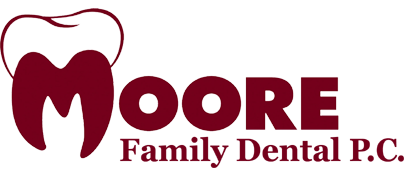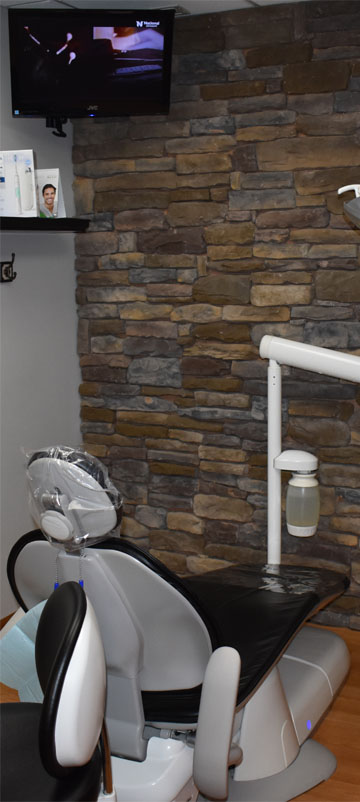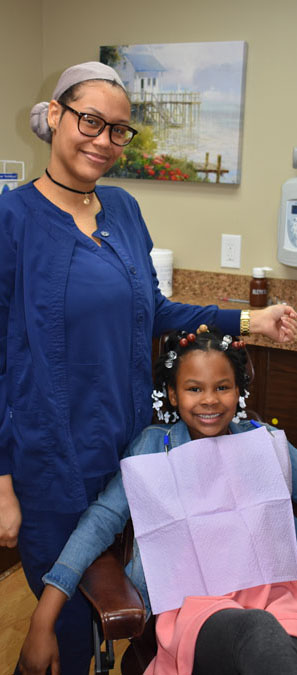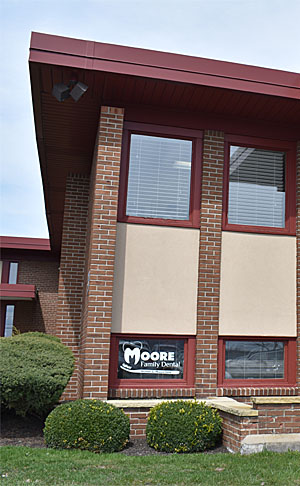 Babies are born with all 20 primary teeth already in their jaws. Sometime around 6 months of age, the first teeth break through the gums (usually in the lower front).
Babies are born with all 20 primary teeth already in their jaws. Sometime around 6 months of age, the first teeth break through the gums (usually in the lower front).
The rest of your child’s primary teeth will come in gradually, with most making an appearance by age 3. At this point, kids typically have 10 top teeth and 10 bottom teeth.
How can I relieve teething pain?
Babies often have tender spots when primary teeth begin to push through. Gently rubbing their gums with a clean finger, a chilled spoon or a moist gauze pad can be soothing. A clean teether for your child to chew on may also help. Choose one made of solid rubber for your baby’s safety. Avoid liquid-filled rings or plastic teethers that might break or develop sharp edges. If your little one is extra fussy or develops a temperature, rash or diarrhea while teething, get in touch with your doctor.
Should I worry about cavities in baby teeth?
You may wonder why baby teeth matter, since they will fall out eventually. But keep in mind that your child’s teeth are essential for chewing, the first step in healthy digestion. Primary teeth also help kids speak clearly and smile brightly, giving them confidence early in life.
Primary teeth are sometimes called “nature’s braces” because they help set the proper spacing for adult teeth to come in correctly — a process that starts around age 6. Baby teeth lost to cavities can threaten the health of your child’s permanent teeth. Keeping primary teeth cavity-free also eases the fear and discomfort your child might feel if the dentist needs to treat or remove a decayed tooth.
When should I take my baby to the dentist?
Schedule your child’s first dental visit anytime after primary teeth break through, but no later than their first birthday. Think of this as a “well-baby checkup” for your child’s teeth. Besides checking for cavities and other problems, your dentist can offer suggestions for cleaning your child’s teeth and how to handle habits like thumb sucking, which can cause teeth to move out of position.
If you have any questions about your baby’s teeth, please contact us.



